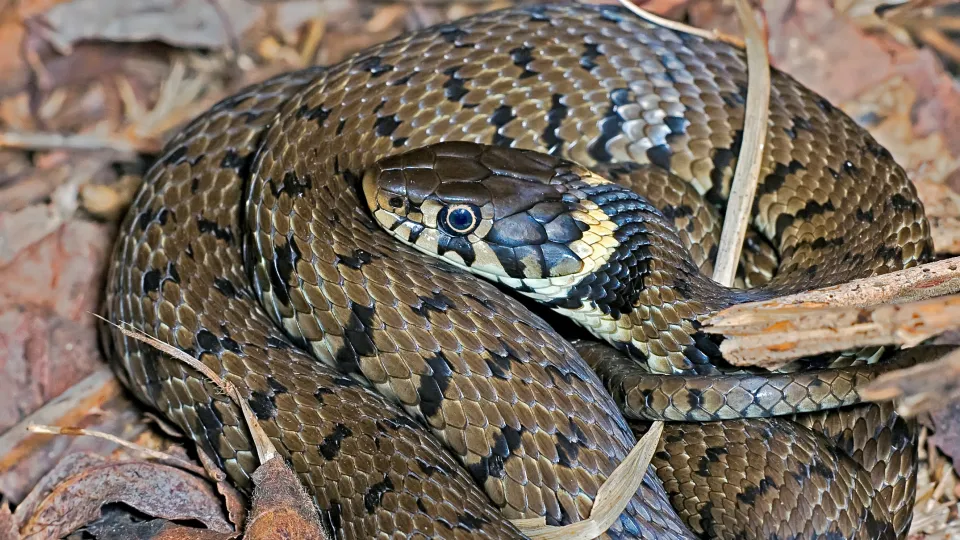
Grass snake
The grass snake is our longest snake, but don't worry if you find one in the compost heap - it's harmless! Look out for this green and yellow beauty in grasslands and wetlands, too.

The grass snake is our longest snake, but don't worry if you find one in the compost heap - it's harmless! Look out for this green and yellow beauty in grasslands and wetlands, too.
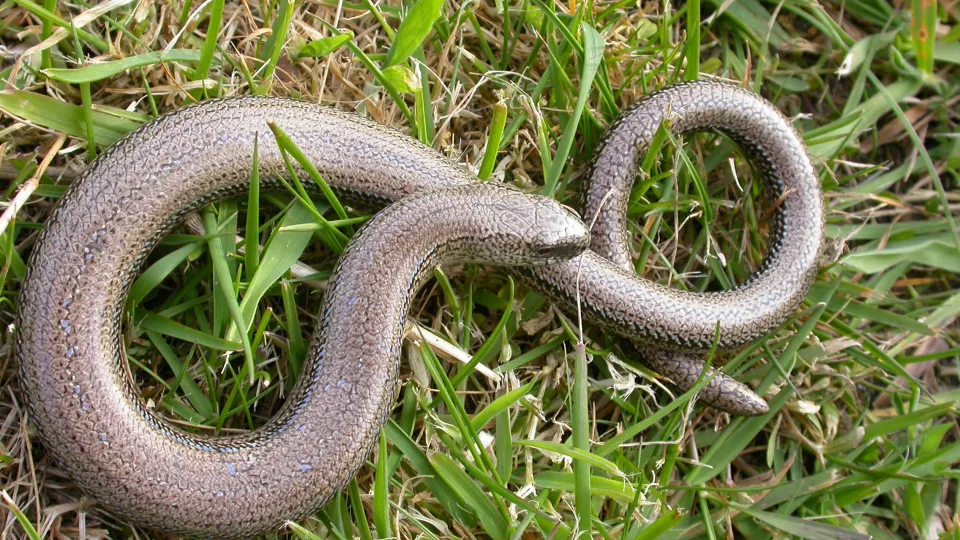
Despite appearances, the slow worm is actually a legless lizard, not a worm or a snake! Look out for it basking in the sun on heathlands and grasslands, or even in the garden, where it favours compost heaps.
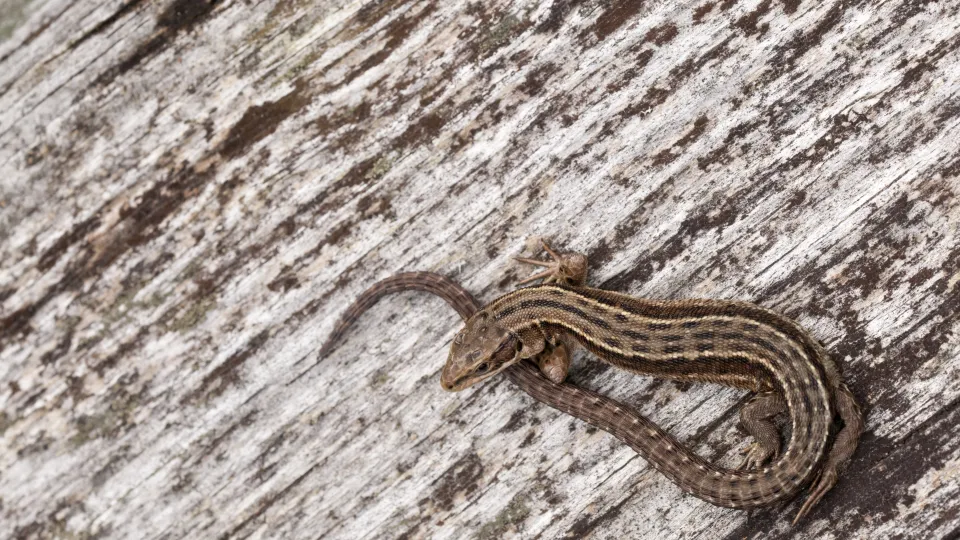
Look out for a common lizard basking in the warm sun as you wander around heathlands, moorlands and grasslands. You might even be lucky enough to spot one in your garden, too!
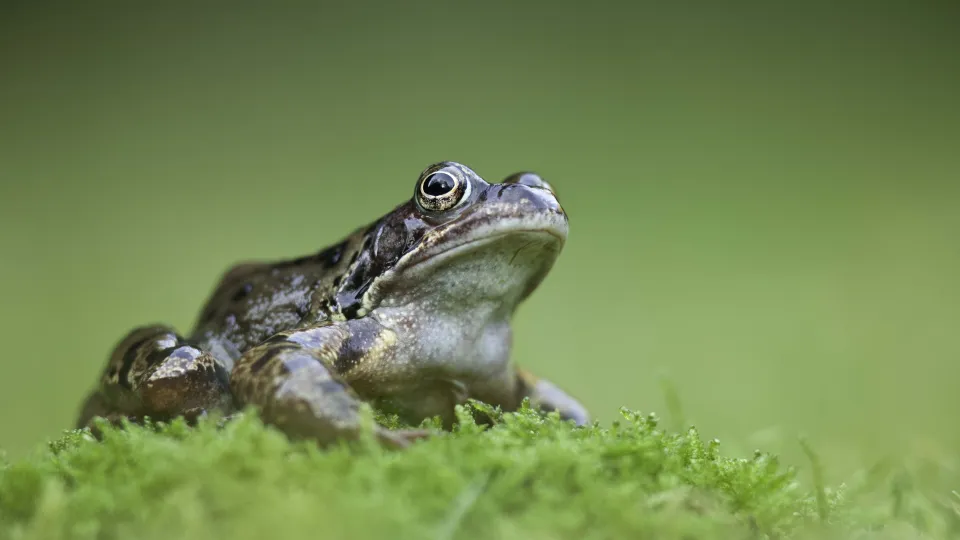
Our most well-known amphibian, the common frog is a regular visitor to garden ponds across the country, where they feast on slugs and snails. In winter, they hibernate in pond mud or under log piles.

With its prominent, wavy crest, the great crested newt, also known as the 'warty newt', looks like a mini dinosaur! This protected species favours clean ponds during the breeding season.
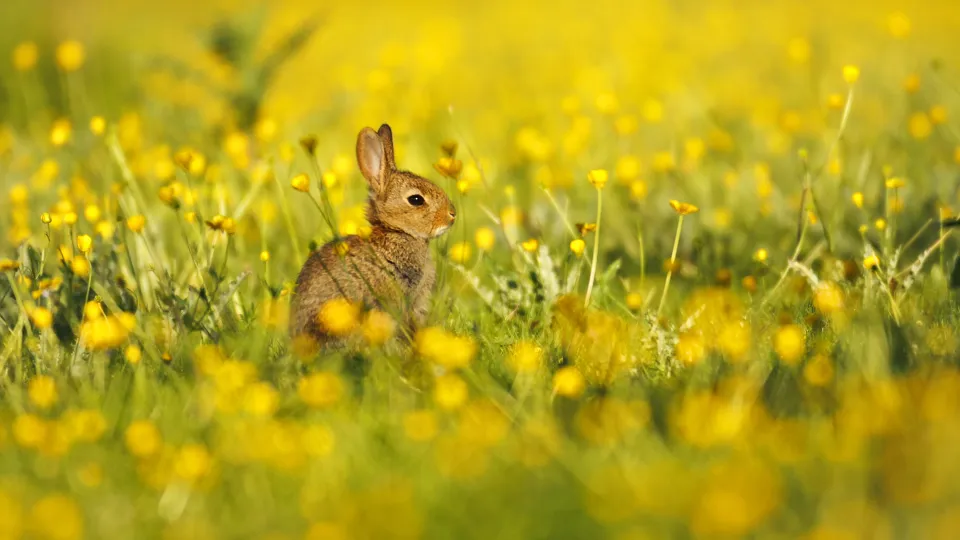
Who doesn’t love spotting rabbits hopping through long grass during a walk in the countryside? They are a common sight but it is always a treat to see their curious faces popping up, ears stood tall on the look out for predators.

The tiny, brown wood mouse is one of our most common rodents and is very likely to be found in the garden. It is similar to the house mouse, but has larger ears and eyes relative to its size.
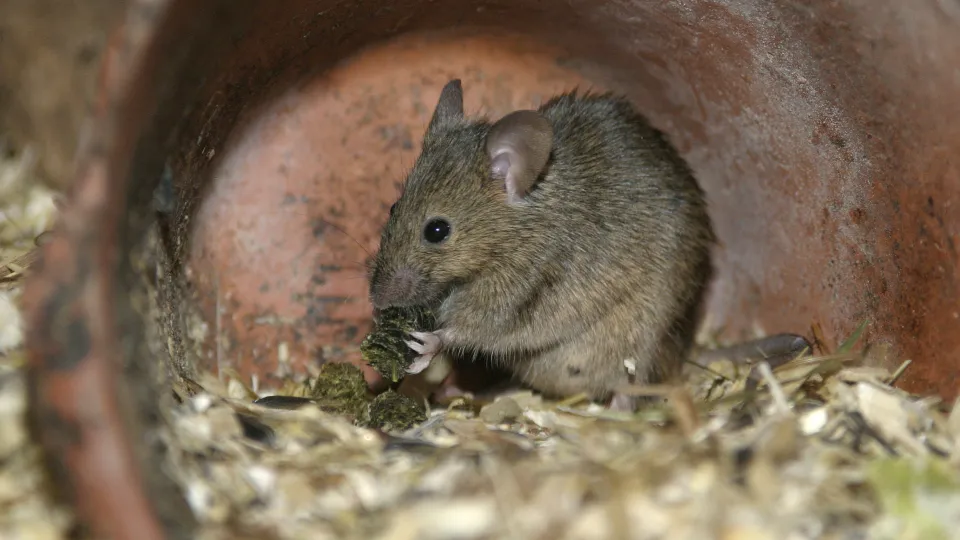
The tiny, grey-brown house mouse is one of our most successful mammals. It thrives around buildings but is less likely to be found in our houses these days due to better construction.
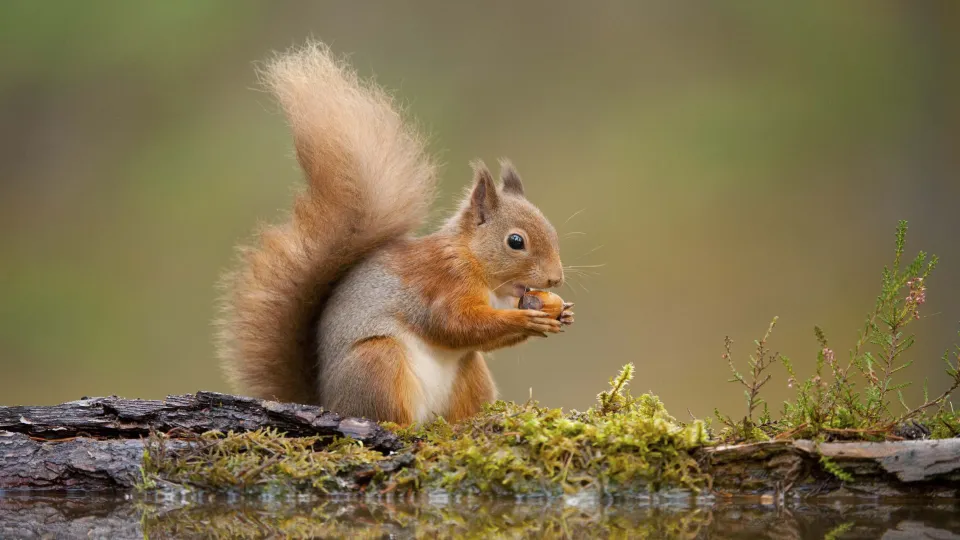
Red squirrels are native to the UK but are a lot rarer than their grey cousins. They live in a few special places across the UK thanks to reintroduction projects.
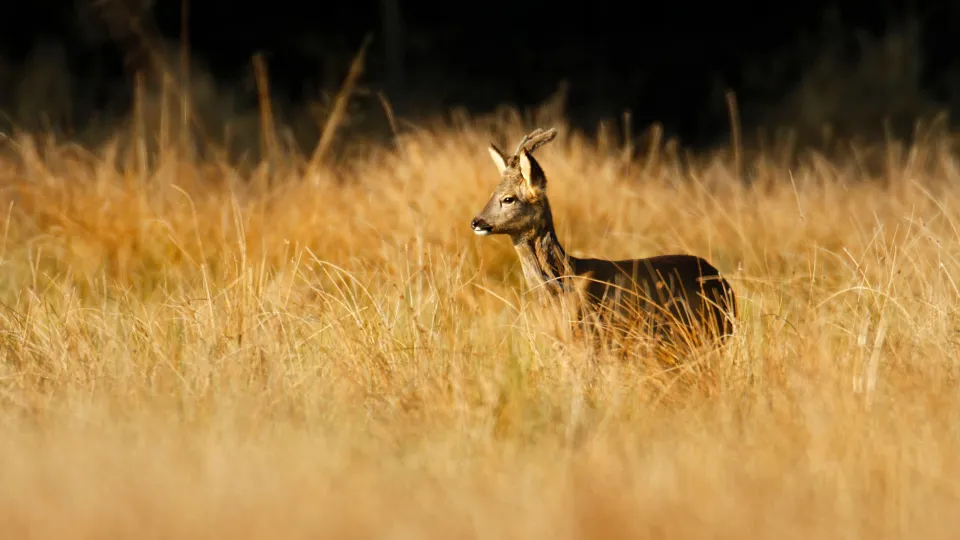
The attractive roe deer is native to the UK and widespread across woodland, farmland, grassland and heathland habitats. Look for its distinctive pale rump and short antlers.